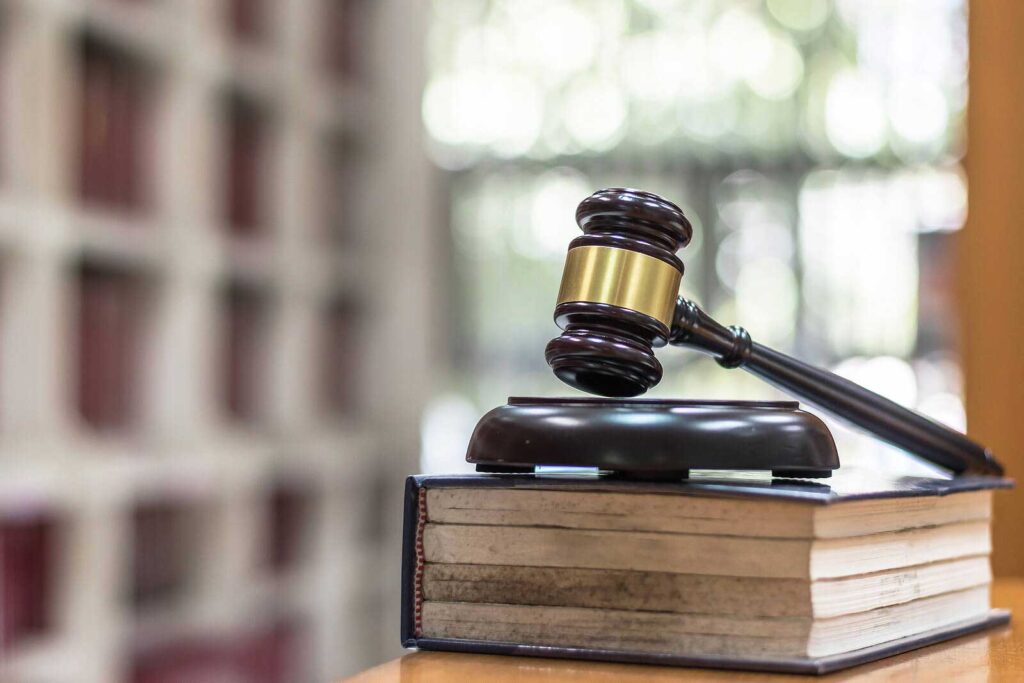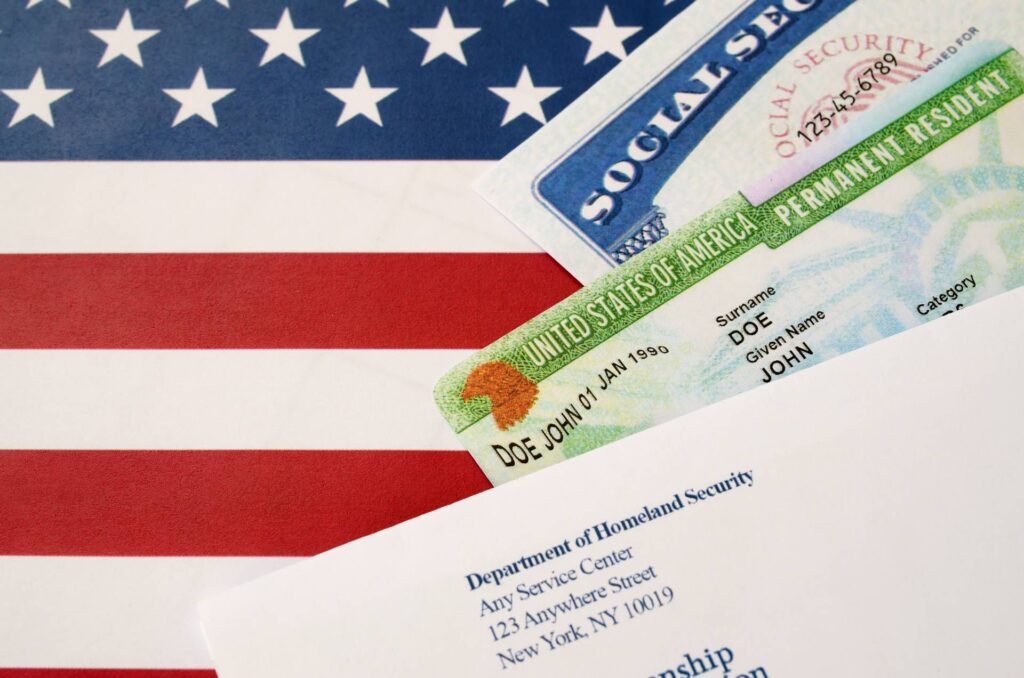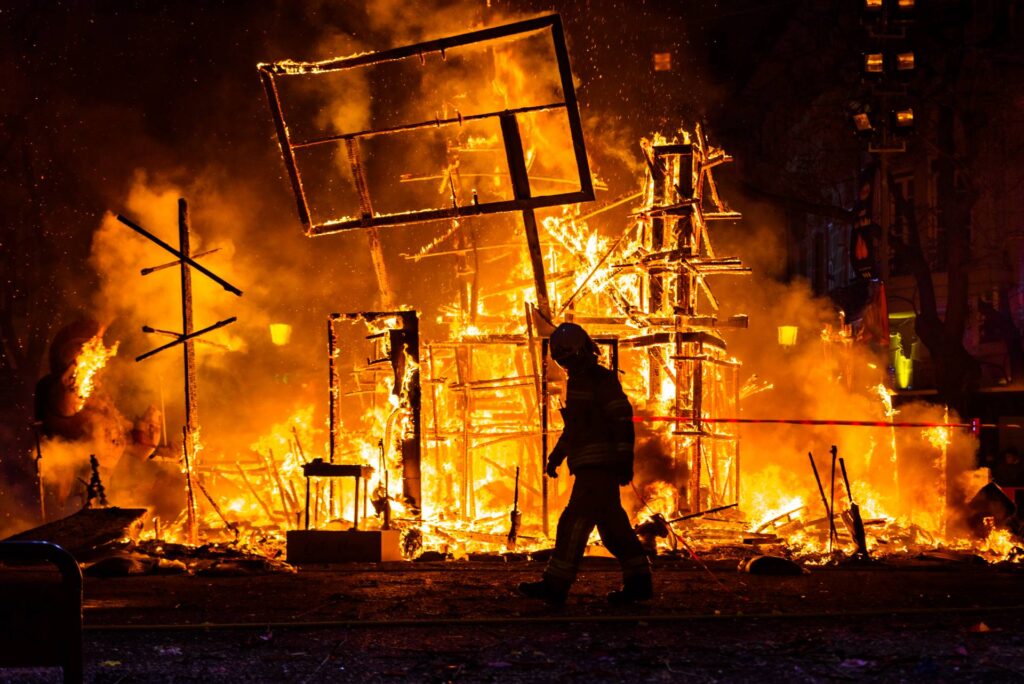Members of law enforcement and the judicial system have little tolerance for violent crime offenders. That’s why the prosecution can be harsh, especially if you don’t have someone to defend your rights.
The best way to navigate such a situation is to get yourself an aggressive Boston criminal defense & immigration lawyer that can match the aggressiveness of the prosecutors. It can make the difference between your freedom and the highly punitive consequences attached to the crime.
How are Violent Crimes Punished in Massachusetts?
States have varying definitions for violent crimes. But in Massachusetts, it is defined as any criminal act that involves the verbal threat of violence, weapons, and physical force. Boston violent crimes attorneys can tell you if your actions amount to a violent crime.
You might need proper legal representation if you are charged with:
- Malicious destruction of property
- Aggravated or armed burglary
- Home invasion
- Arson
- Mayhem
- Sex crimes
- Illegal possession of firearms/weapons
- Domestic violence
- Homicide
- Murder
- Rape
- Assault
- Simple assault
- Assault with the intent to kill
- Battery
- Armed robbery
- Kidnapping
- Carjacking
- Battery
Violent Crimes Punishment
The crimes mentioned above attract harsh legal penalties. These penalties include:
- Restitution to the victim
- Restraining orders
- Community service
- Mandatory counseling
- Probation
- Steep fines
- Lengthy prison sentences
Sentencing is usually enhanced by factors such as:
- Using a weapon during the commission of the violent crime
- Causing the victim bodily harm
- Having a prior violent crime conviction
- Having a prior criminal record
What is the Impact of a Violent Crime Conviction on One’s Life?
Your life may not remain the same once you receive a “guilty” verdict. The adverse effects can be overwhelming, which is why you need a skilled Boston criminal defense to improve your outcomes.
Troubled Career. You might struggle to find a job with a violent crime conviction on your record. Most employers in Boston would be hesitant to employ anyone with a violent past. As much as they might not outrightly reject your application on those grounds – because it would amount to unlawful discrimination – they are less likely to consider you over other candidates without such records.
Lost Right to Own Firearms. The state can curtail your right to own a firearm if they consider you a violent offender. Remember, the State has the mandate to protect its citizens from all kinds of harm, including the threat of a violent offender in possession of a firearm. Unfortunately for the convict, they might not be able to protect themselves when in danger.
No-contact Orders. If you had any kind of relationship with the victim of the violent crime, you could be forced to stay away from them. The court might issue a restraining order, and you could be arrested for trying to get close to them. If the relationship had been significant to you, it could be heartbreaking to live a life without them.
Unfavorable Custody Arrangements. The children’s court is very keen on ensuring that children grow in safe and stable environments. But if you get convicted for violent crimes, it might be difficult to convince the judge that you can still provide a conducive home for your child. Chances of you losing your rights as the custodial parent are high. And even as the non-custodial parent, you might be subject to some restrictions.
Damaged Reputation. Your family and friends may never look at you the same way after a violent crime conviction. They might see you as a bad influence or dangerous and might be less eager to spend time with you. It might be impossible for them to forget what happened, and you could struggle to overcome the damage.
Does a Violent Crime Affect My Application for Citizenship by Naturalization?
Acquiring U.S. citizenship by naturalization requires one to have been physically present in a state or region for at least three months; been physically present in the U.S. for at least 2 ½ years; and been a lawful permanent resident continuously for five years. You are also required to have been of good moral character for the past five years.
However, a conviction for a violent crime deprives you of the “good moral character” required to give you U.S. citizenship by naturalization. But the good thing is that you can still apply for naturalization five years after your last conviction. Speak to an experienced Boston violent crimes and immigration attorney to know precisely when you become eligible to apply for citizenship.
What Happens to the Immigration Status of Non-Citizens?
Your immigration status may not remain the same after a violent crime conviction. The immigration department can order for removal, deportation, inadmissibility, among others.
Lawful Permanent Residents. If you possess a “green card” for legal permanent residency, you can be deported for committing violent crimes in Boston. And if you are not deported, you can be rendered inadmissible on re-entry to the United States.
Lawful Non-Immigrants. Temporary workers, student and exchange visitors, tourists, and business visitors can be expelled from the United States if they commit a violent crime. One can be removed from the country, and any plans to return in the future might be frustrated by inadmissibility.
Refugees and Asylum-Seekers. An asylum-seeker or a refugee in the United States that has been convicted of a violent crime cannot access certain privileges. For instance, an application for “withholding of removal” or asylum cannot be granted.
Undocumented and Out of Status Persons. Certain criminal convictions such as a violent crime can bar your violent crimes lawyer in Boston from using certain defenses to waivers or removal. What’s more, you can only acquire lawful status if you are admissible in the first place. And such serious convictions make you inadmissible.
Skilled Representation for Immigrants and Citizens
The state of Massachusetts is determined to punish people that commit violent crimes. But a charge doesn’t mean that you will end up with a conviction. Take advantage of this opportunity and get the right attorney who can represent you in court and give your case the best possible outcomes.
You deserve a legal representative that is compassionate to your needs in your most trying times. Schedule a no-obligation consultation with us today by calling (781) 819-3647.











